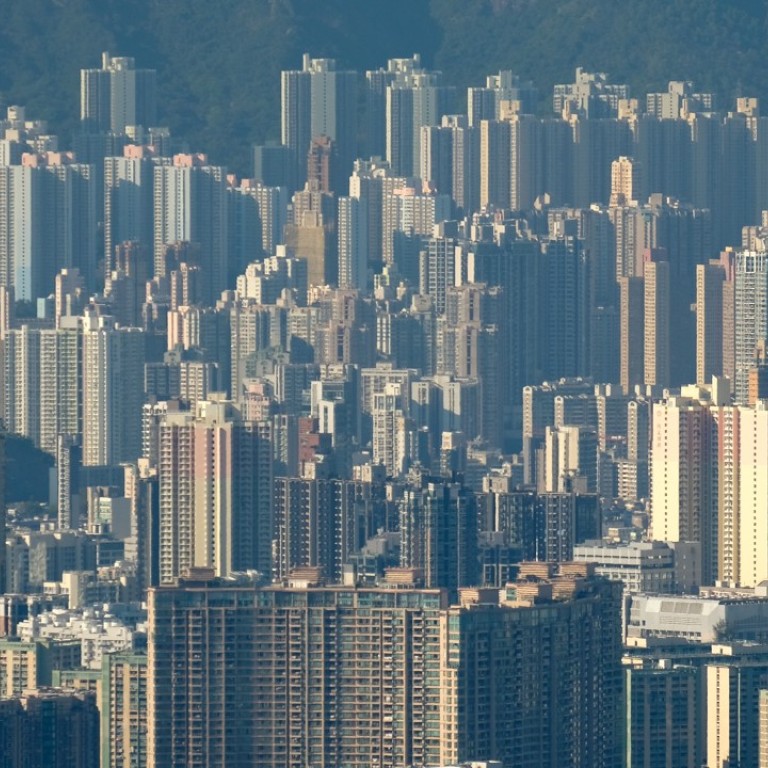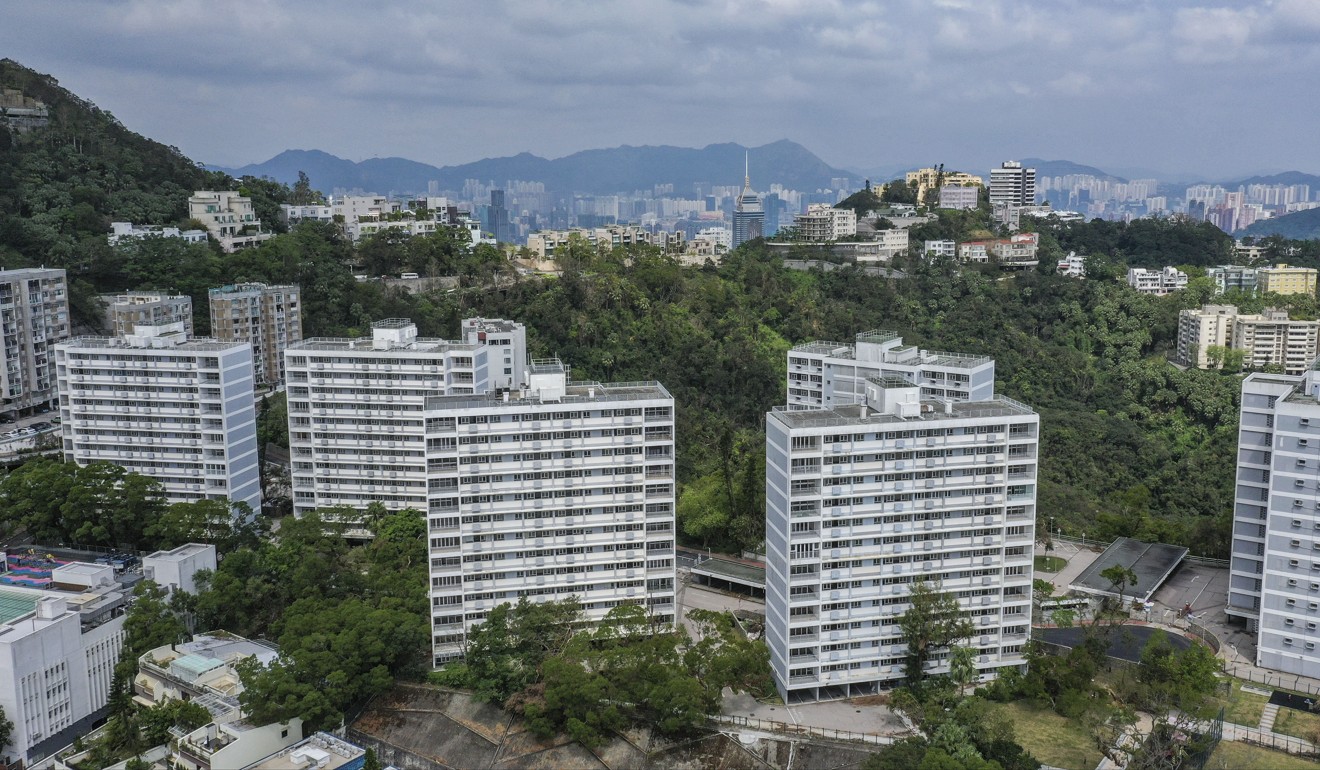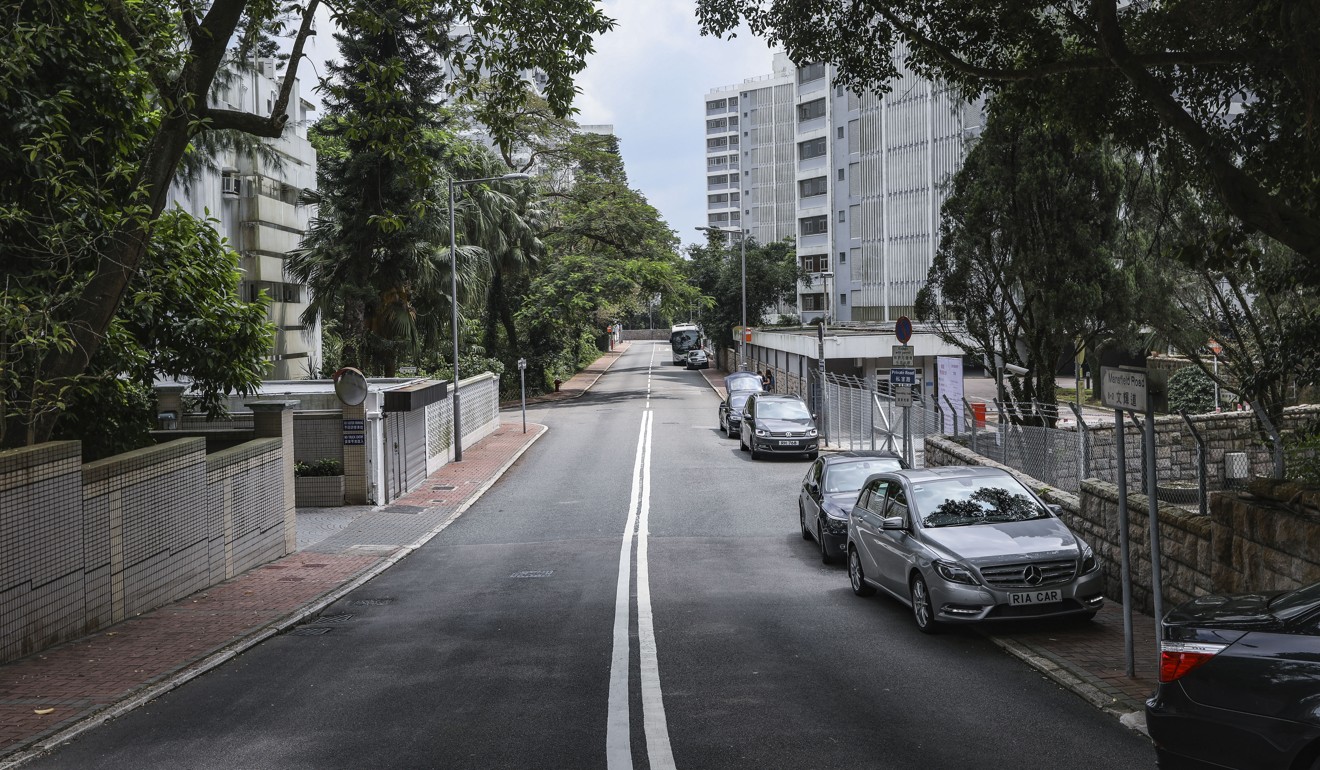
Why did Hong Kong scrap The Peak land tender if it’s not in service of a high-price policy?
-
Decision by Lands Department to remove Mansfield Road plot from tender may indicate the government is too focused on price as sentiment softens
The withdrawal of a luxury residential site at The Peak from the city’s tender last week has sparked concern about the government’s pricing strategy at a time of shifting market sentiment.
Analysts said that additional land sites could be withdrawn from tender for failing to meet the government’s reserve price, if officials persist with a high land price policy.
“The government may not have been sensitive enough to the changes in the market, that’s why it set a reserve price more aggressive than what developers expected,” said Joseph Tsang, managing director at JLL.
His comments came after the Lands Department announced last week it had rejected all five tenders received for the Mansfield Road plot, in one of the city’s most luxurious neighbourhoods, as “the tendered premiums did not meet the government’s reserve price for the site”.
As part of the tendering process the government does not publicly release its reserve price until the offer deadline has lapsed.
The Mansfield Road site, which could yield a total gross floor area of 404,300 square feet, was expected to fetch between HK$24.3 billion (US$3.1 billion) to HK$48.5 billion, or HK$60,000 to HK$120,000 per sq ft.
Tsang said he was concerned that the failed auction might be repeated, particularly when big government residential lots are put up for tender in coming months.
Next month, two large waterfront residential sites in Kai Tak, the site of Hong Kong’s former international airport will close for tender. The two sites, located adjacent to each other, are worth HK$9.2 billion to HK$9.8 billion, or HK$16,000 to HK$17,000 per sq ft respectively, according to Colliers International.
The deadline for tenders on the 104,453 sq ft residential site known as Kai Tak Area 4B Site 3, located at the runway of the former site of Hong Kong airport, is November 2.
The adjacent residential site of 104,345 sq ft, named Kai Tak Area 4B Site 4, will close for tender on November 9.
“Land prices will drop faster and sharper than home prices,” said Tsang.
If the site on The Peak sold for HK$60,000 per sq ft, he said the units would be offered for HK$110,000 per sq ft in order for developers to make a reasonable profit of 20 per cent.
A 2,000 sq ft unit could cost HK$210 million on the Mansfield Road plot.

Developers take into account downside risks when they acquire land, including rising interest rates, a sharp fall in the stock market and worsening trade relations between the US and China, he said.
“If developers assume home prices are to fall up to 10 per cent per year, they will likely revise down their bids by up to 50 per cent,” said Tsang.
Still, analysts believe the proposed vacancy tax to be imposed on empty, unsold flats, would be particularly hard for developers of luxury homes, as buyers of luxury homes prefer to see completed product rather than purchase at presale.
“For mass homes, developers will generate faster cash flow as they can offer the incompleted homes for presale. But buyers of super-deluxe homes prefer buying completed projects,” Alnwick Chan, executive director and head of valuation and professional services at Knight Frank, said.
As a result, bids submitted for luxury home sites such as The Peak would reflect the increased investment costs borne by the developer, said Chan.
However, the Lands Department said they were careful to assess market sentiment in setting the reserve price.
“The reserve price is fixed by professional estate surveyors in the morning on the tender closing date before tender closing,” the Lands Department said in an email reply to reply to the South China Morning Post.
“In setting the reserve price, the professional estate surveyors in the Lands Department will take into account the latest market conditions and a number of factors concerning cost and revenue aspects including the prevailing sale price of completed development, the development costs of the project, the development period and profit margin.

In a rare move, Chief Executive Carrie Lam Cheng Yuet-ngor reacted promptly to criticism a day after Lands Department cancelled the tender, rejecting claims that the government is deliberately pushing up property prices.
“It [the move] shows we do not have a high price policy,” she said. “But we will not sell our land cheaply either, to ensure public money [is not misused].”
A day later, Michael Wong Wai-Lung, the Development Secretary, revealed that all bids submitted for The Peak site were lower than the market expectation of HK$24.5 billion to HK$48.5 billion.
The government has achieved land revenue of HK$33.36 billion from selling six plots since the financial year started on April 1. In the prior financial year the government generated land revenue of HK$108.14 billion, slightly down from a record of HK$109.5 billion for the 2016 financial year.
Lee Shu-kam, associate head of the department of economics and finance at Hong Kong Shue Yan University, said more time was needed to determine the government’s thinking on land policy.
“But if the government withdraws a site for a second time, it may offer a clue if it is pursuing a high land policy,” he said.

